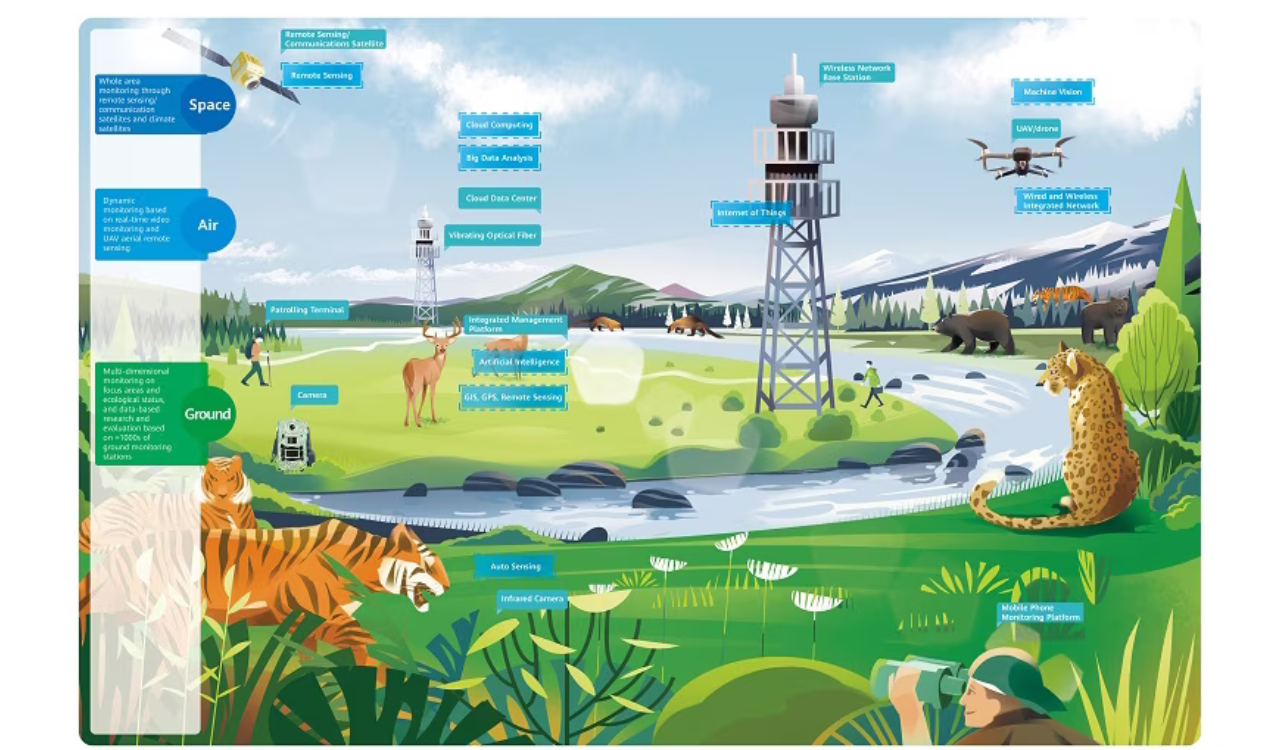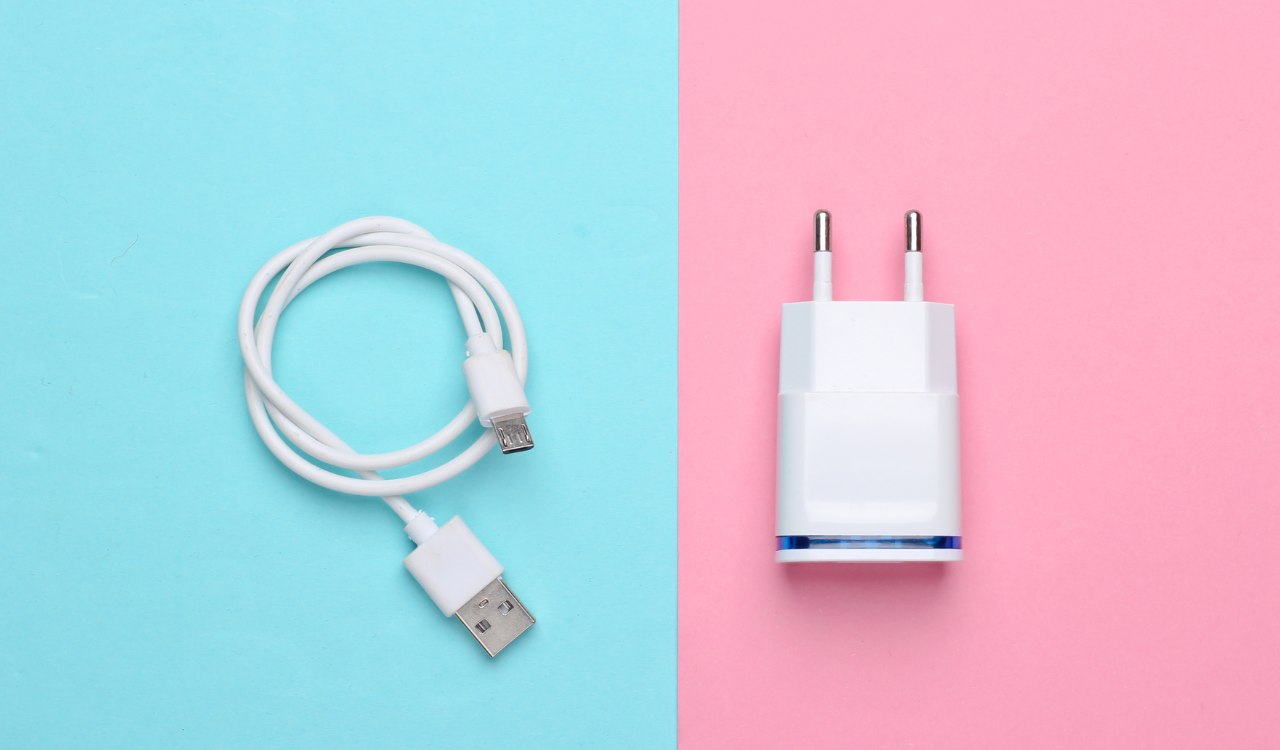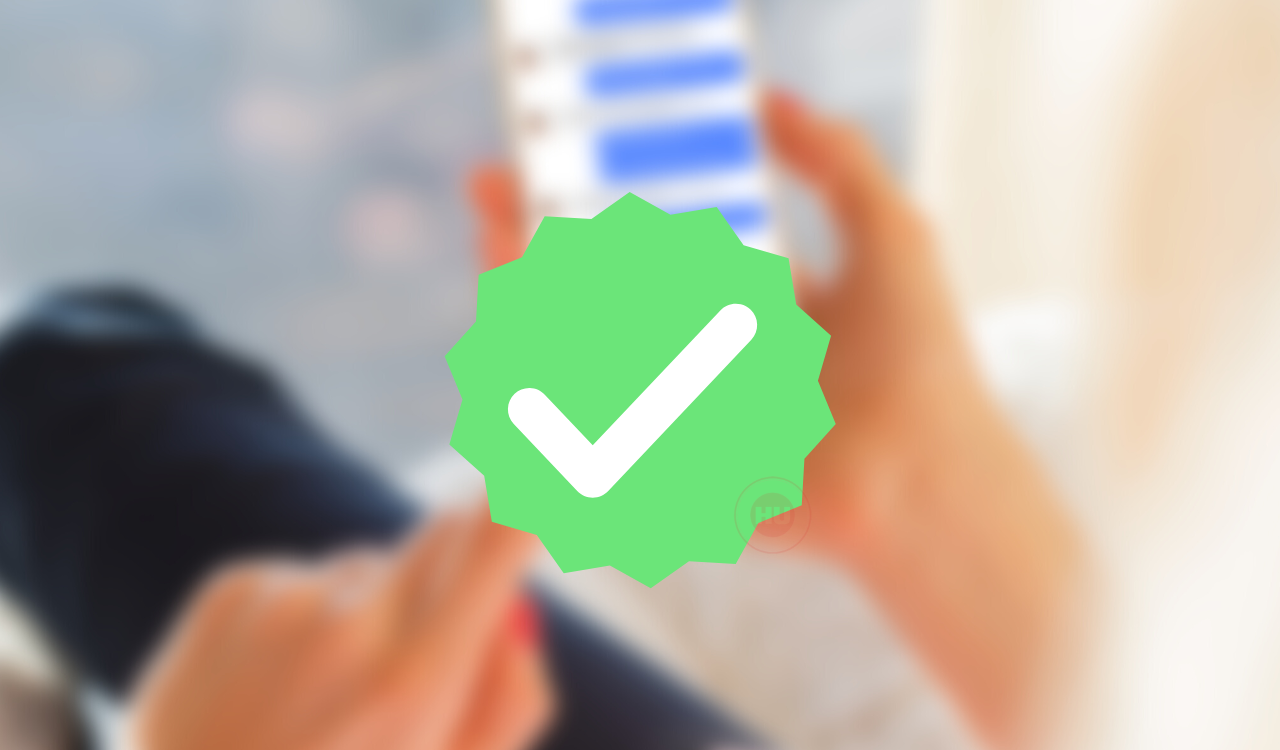Tips And Tricks
Huawei P30 Pro Tips And Tricks: Wireless Reverse Charging

you will need to enable the wireless reverse charging option from Settings -> Battery -> Reverse wireless charging option.

HUAWEI P30 PRO SPECIFICATIONS:
DISPLAY
Size:
6.47 inches
Colour:
16.7 million colours
Colour Gamut:
Wide Color Gamut(DCI-P3)
Type: OLED
Resolution:
FHD+ 2340 x 1080
OPERATING SYSTEM
Android 9
PROCESSORS
HUAWEI Kirin 980 Octa-core Processor
Dual NPUs(Neural-network Processing Unit)
2 x Cortex-A76 Based 2.6 GHz+ 2 x Cortex-A76 Based 1.92 GHz + 4 x Cortex-A55 1.8 GHz
MEMORY
8 GB RAM + 256 GB ROM
NETWORK
VOG-L29D:
Primary SIM card:
4G FDD LTE: Bands 1/2/3/4/5/6/7/8/9/12/17/18/19/20/26/28/32
4G TDD LTE: Bands 34/38/39/40/B41(2,535-2,655 MHz)
3G WCDMA: Bands 1/2/4/5/6/8/19
3G TDS: Bands 34/39
2G GSM: Bands 2/3/5/8(850/900/1,800/1,900 MHz)
Secondary SIM card:
4G FDD LTE: Bands 1/2/3/4/5/6/7/8/9/12/17/18/19/20/26/28
4G TDD LTE: Bands 34/38/39/40/B41(2,535-2,655 MHz)
3G WCDMA: Bands 1/2/4/5/6/8/19
2G GSM: Bands 2/3/5/8(850/900/1,800/1,900 MHz)
CONNECTIVITY
802.11 a/b/g/n/ac (wave2), 2.4 GHz and 5 GHz
Bluetooth 5.0, BLE, SBC, AAC, aptX, aptX HD, LDAC and HWA Audio
Type-C,USB 3.1
SENSORS
Ambient Light Sensor
In-Screen Fingerprint Sensor
Gyroscope
Compass
Proximity Sensor
Gravity Sensor
Hall Sensor
Infrared Sensor
Colour Temperature Sensor
CAMERA
Rear Camera:
Leica Quad Camera:
40 MP (Wide Angle Lens, f/1.6 aperture,OIS) + 20 MP (Ultra Wide Angle Lens, f/2.2 aperture) + 8 MP (Telephoto, f/3.4 aperture,OIS)
HUAWEI Time-of-Flight (TOF) Camera
supports autofocus (phase focus, contrast focus), supports AIS (HUAWEI AI Image Stabilization).
Front Camera:
32 MP, f/2.0 aperture
Note: In different photo modes, the number of pixels may be slightly different, please refer to the actual situation.
*The photo pixels may vary depending on the shooting mode.AUDIO
Dolby Atmos (Dolby Digital, Dolby Digital+, Dolby AC-4)
mp3, mp4, 3gp, ogg, amr, aac, flac, wav, midi
VIDEO
3gp, mp4
EMOTION UI
BATTERY
4,200mAh (Typical Value)*
LOCATION
GPS (L1 + L5 Dual Band)/AGPS/Glonass/BeiDou/Galileo (E1 + E5a Dual Band)/QZSS (L1 + L5 Dual Band)
SPLASH, WATER, AND DUST RESISTANT
IP68
Your device has been tested in a controlled environment and certified to be splash, water, and dust resistant in specific situations (meets requirements of classification IP68 as described by the international standard IEC 60529).
Water and dust-proofing are not permanent, and resistance may decrease as a result of normal wear over time. Do not charge the phone when it is wet or in moist environments. Refer to the manual for cleaning and drying instructions. Submersion in liquid and the resulting damage is not covered by the warranty.
IN THE BOX
Phone(Built-in battery) x 1
Charger x 1
Type-C Cable x 1
Type-C Earphones x 1
TPU Protective Case x 1 (No in Western Europe and Northeast Europe)
Quick Start Guide x 1
Eject Tool x 1
Warranty Card x 1
(Note: Subject to the actual product.)
CHARGING
HUAWEI SuperCharge (Max 40 W)
HUAWEI Wireless Quick Charge (15 W)*.
Related:
- How To Change Display Density On Huawei P30 pro
- Huawei P30 Pro Tips And Tricks: How To Turn On Display for Notifications
- Huawei P30/P30 Pro Tips: Raise Phone to Answer Calls
- How to use Huawei P30 and P30 Pro as a Car Key
- Huawei P30 Pro camera tips and tricks
- Quick Tip: How to update any Huawei device to EMUI 9
- How to use slow motion on Huawei P20 Pro
- How to change keyboard in Huawei P20 Pro
- How to change keyboard language in Huawei P20 Pro
- First 5 things you should do with your Huawei Mate 20 Pro
- How to Reset FRP Bypass Google Account on Huawei Mate 20 Pro
- How to fix black screen issue on Huawei P20 Pro
Honor Products
Huawei, IUCN, and Global partners highlight Nature Protection’s latest technology

In order to protect and conserve areas, to leverage digital technology to help achieve global biodiversity goals, Huawei and IUCN outlined a vision on the occasion of the 50th anniversary of World Environment Day……!! Where, the Smart Protected Areas White Paper was launched, jointly developed by Huawei, IUCN China, and the Chinese Academy of Forestry, to share the blueprint for building smart protected areas, based on experience from China’s protected areas.
Huawei, IUCN, and Global partners highlight Nature Protection
Understanding how human activities may impact the distribution, behaviors, and seasonal trends of species, needs extensive data to attain given remote and hard-to-access areas. Data from the prior day’s collection and research efforts relied on scientists going into the field to install camera traps to capture images.
Cameras needed to be maintained, batteries replaced, and their memory cards replaced and analyzed; time – and labor-intensive processes frequently resulted in data and images that were several months old. Implementing cloud computing, IoT, mobile Internet, big data, and AI enables real-time data acquisition and interaction improving smart sensing, analysis, and management of species protection and area-based conservation efforts.
An algorithm was developed and trained to help identify the different species, especially the jaguar, and to date, the team has identified 119 species, including 5 individual jaguars. Huawei partners with IUCN, C-Minds, Polytechnic University of Yucatan, Rainforest Connection, and the local community of Dzilam has collected more than 30,000 photos, 550,000 audio recordings, and numerous video clips of wild animals.
Dr. Grethel Aguilar, Deputy Director General for IUCN, said:
“We have gained a lot in the past three years of cooperation, during which time Huawei has worked with us to demonstrate the responsible use of new technologies in protecting nature. IUCN looks forward to longer-term collaboration with Huawei as a tech leader to help achieve global goals such as the target to conserve at least 30% of the Earth’s land and water by 2030.”

The aim of the Smart Protected Areas White Paper
The primary aim of the Smart Protected Areas White Paper is to realize the effective conservation of protected areas and the sustainable management of natural resources. Based on this target, the white paper identifies seven major scenarios, including ecological protection and restoration, resource management, and scientific research amongst others.
In these identified scenarios, four key capabilities need to be implemented, which include comprehensive, multi-dimensional ecological sensing, integrated multi-network communications that can adapt to complex terrain and intelligent analysis that can process massive amounts of data from multiple sources.
Additionally, the capability to apply analytical results to the operations and management of protected areas. This blueprint proposes a comprehensive solution architecture for smart protected areas based on the latest developments in digital technology.
Tao Jingwen, Huawei’s Director of the Board and Chairman of the Corporate Sustainable Development (CSD) Committee said:
“Biodiversity loss and climate change are two interrelated global environmental crises that require coordinated responses. While protecting nature, science and technology can also help thousands of industries with green development and better cope with climate change.”

Peng Song, Senior Vice President and President of Huawei’s ICT Strategy & Marketing Department said.
“The Earth is our only home. Digital technologies can help protect nature reserves more effectively and promote the sustainable management of natural resources. Our original intention is, to sum up the practice of science and technology in helping protect nature. Also, to work with partners to promote the intelligent construction of more nature reserves.”

More than half of the world’s GDP relies on nature and the services it provides
According to the WEF’s New Nature Economy Report, more than half of the world’s GDP, about US$44 trillion, relies on nature and the services it provides. However, climate change and biodiversity loss are threatening the survival and sustainable development of humanity. Also, a new nature economy could generate up to $10.1 trillion in annual business value and create 395 million jobs by 2030.
So, the summit brought together TECH ALL partners, including the Yucatan state government of Mexico, the Mexican innovation agency C Minds, IUCN China, WWF Italy, Rainforest Connection, and Shandong Yellow River Delta National Nature Reserve in the context of exploring the future potential of smart nature conservation.

JOIN US ON TELEGRAM
Tips And Tricks
Fix a Broken Charger Port on your Smartphone

Being a smartphone user, a broken charging port will bring a headache. So before taking it to the service center first check it yourself. Below check the quick steps to fix a broken charger port.
Why is your Charging Port Not Working?
Water damage: Water may be the main issue. If your phone gets wet, the water can cause corrosion and damage to the charging port.
Dust and debris: Dust is also the main cause that can build up in the charging port and eventually cause damage.
Wear and tear: Using your phone’s charging port regularly can eventually lead to wear and tear that damages the port.
Loose connection: If you don’t connect the charging port to the charger securely, it can eventually become damaged.
Improper charging: Using an incompatible charger can damage the charging port.

How to fix the issue?
- Change your charger cable
- Clean the Charging Port
Tips And Tricks
How to restore WhatsApp chat history in Huawei Mate 30 Series

In this article, we will check how you can restore your WhatsApp chat history in Huawei Mate 30 and Mate 30 Pro smartphones. Let’s explore it.
You must check
1. The previous phone is a Huawei device
2. WhatsApp is downloaded on the new Mate 30/ Mate 30 Pro
Note: Chat history on the Mate 30/ Mate 30 Pro must be cleared in order to transfer history from the previous device.
(1) Go to Settings – Apps – Apps – WhatsApp – Storage – Clear Data to clear data already temporally stored.
(2) Meanwhile, Go to Files – Categories – Internal storage to delete the WhatsApp file if there is in the list.
Step 1: Back up your old device’s WhatsApp chat history
Follow these steps to transfer all your chat history from Google Drive to internal storage:
Open WhatsApp > Settings > Chats > Chat Backup > Back up to Google Drive > Select “Never”
Step 2: Create a zip file of WhatsApp chat history in your old device
In your previous device, go to Files > Categories > Internal storage > WhatsApp – Hold on to ‘Databases’ button for 3 seconds – choose Media – click More – Compress to the Current directory. It will be compressed as WhatsApp.zip.
Step 3: Enable storage permission for WhatsApp on Mate 30 / Mate 30 Pro
Go to Settings > Apps > WhatsApp > Permissions > Storage > Allow.
Step 4: Transfer the compressed file from your old device to Mate 30 via Huawei Share
In your Mate 30 / Mate 30 Pro , swipe down from the notification bar and Click Huawei Share icon. Enable the function for next transferring steps.
Step 5: Share the Compressed WhatsApp file in your old device to the new Mate 30 / Mate 30 Pro
In your previous device, go to File – Categories – Archives – hold on to WhatsApp.zip for 3 seconds > Select Share> and you’ll see a prompt for Huawei Share – choose your new Mate 30 / Mate 30 Pro device in the detected device list.
In your Mate 30 / Mate 30 Pro, you will receive a notification for whether you agree to receive the file via Huawei Share. Select ACCEPT to receive the shared WhatsApp file.
Step 6: Move the WhatsApp.zip to Internal storage folder in Mate 30 / Mate 30 Pro
In your Mate 30 / Mate 30 Pro, hold on to WhatsApp.zip – Move – Internal storage – Move.
Step 7: Extract the moved WhatsApp.zip in Mate 30 / Mate 30 Pro
In your Mate 30 / Mate 30 Pro, hold on to WhatsApp.zip – More – Extract to – Current directory.
Step 8: Delete all files except “msgstore.db.crypt12”in Databases. Do not open Media file
In your Mate 30, please go to WhatsApp in Internal storage – Databases – hold on to all files to be deleted – click Delete – choose Delete in the popped up message if you have chosen correctly.
Step 9: Login WhatsApp on Mate 30 / Mate 30 Pro
In your Mate 30, please click WhatsApp – AGREE AND CONTINUE – enter your account phone number – type verification code – click RESTORE if you want to restore the detected history chat. After a few minutes, the process will finish and you can click NEXT to key in your name and see the chat history restored in your Mate 30.
















